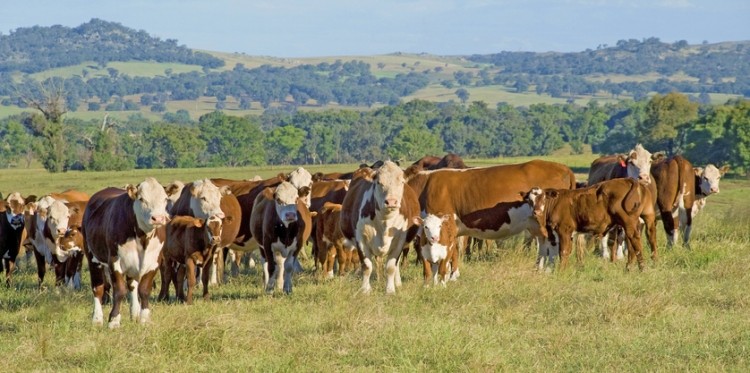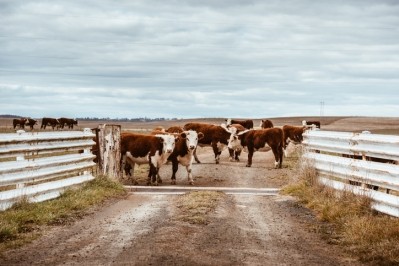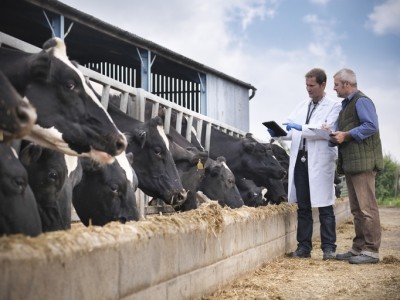Tackling methane emissions in pasture-based beef production

The study is part of a project funded by Meat and Livestock Australia and Advance Queensland and is being implemented by CQU and DIT AgTech.
It will evaluate a range of methane-reducing compounds to see if they can be safely and effectively delivered to cattle via automated water medication systems to decrease enteric methane emissions.
Australian company, Rumin8, outlined how it looks to identify naturally occurring compounds that have anti-methanogenic properties and instead of harvesting and extracting them from plants, then goes about reproducing them in “a highly efficient, low cost, scalable, and high-quality process” for delivery to livestock in order to reduce their emissions.
The firm is a funding recipient of AusIndustry’s Entrepreneur’s Program.
Pasture-based production
“The CQU trial will be our first animal trial using a water-based application and our lab results give us confidence that it will perform in the field,” said Rumin8 managing director, David Messina.
“Most of the current methane reducing additives use feed-based delivery to livestock. Successful delivery of the methane reducing additive through a water trough, if successful, could provide an opportunity for rangeland and pasture-based beef production systems to reduce their methane emissions, opening up a significant new market for Rumin8.
“At any one time there are about 24 million cattle in Australia eating grass and it’s important that we provide a methane solution to those farmers who are breeding and finishing rangeland and pastured-fed cattle.
“The commercial uptake of herd-scale applications of existing feed additives and animal health treatments through water-based delivery is still in its infancy, so this will be a learning process for all stakeholders in the trial.”
The compounds will be delivered in the same way as fluoride is added to human drinking water or as additives are mixed in fuel for engine efficiency – measured doses dissolved in the water and supplied to cattle via automated technology, added CQU researcher, Dr Diogo Costa.
A spokesperson for Rumin8 told us it would be next year before the results of the trial will be shared publically.
Feed intake evaluation
In tandem with that study, the company began a livestock trial in August at the University of New England to determine dietary preferences in cattle to support its methane emissions mitigation work.
The experiment is focused on finding out which ration cattle find more palatable and more likely to eat, and how the formulation they choose impacts reductions in methane generation.
The cattle in the study will be provided the choice of a total mix ration containing different doses of a Rumin8’s anti-methanogenic feed additive, as well as a control product. The work wil help inform future efficacy, dosing, and palatability decisions at the Australian firm.








